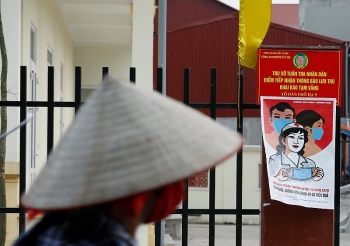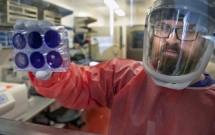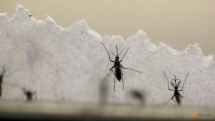Group A blood? You are at higher risk for Covid-19
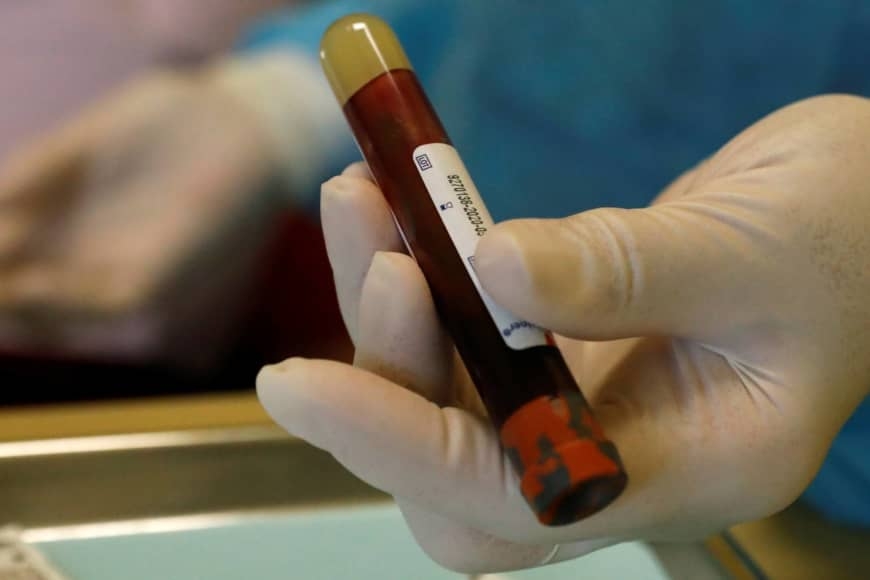 |
| Scientists who compared the genes of thousands of patients in Europe found that those who had Type A blood were more likely to have severe cases while those with Type O were less likely. Photo: REUTERS |
Genetic analysis of COVID-19 patients suggests that blood type might influence whether someone develops a severe case of the disease.
Scientists who compared the genes of thousands of patients in Europe found that those who had Type A blood were more likely to have severe cases while those with Type O were less likely.
A recent report in the New England Journal of Medicine does not prove a blood type connection, but it does confirm a previous report from China of such a link.
“Most of us discounted it because it was a very crude study,” Dr. Parameswar Hari, a blood specialist at the Medical College of Wisconsin, said of the report from China. With the new work, “now I believe it,” he said. “It could be very important”. Other scientists urged caution.
The evidence of a role for blood type is “tentative … it isn’t enough of a signal to be sure,” said Dr. Eric Topol, head of the Scripps Research Translational Institute in San Diego.
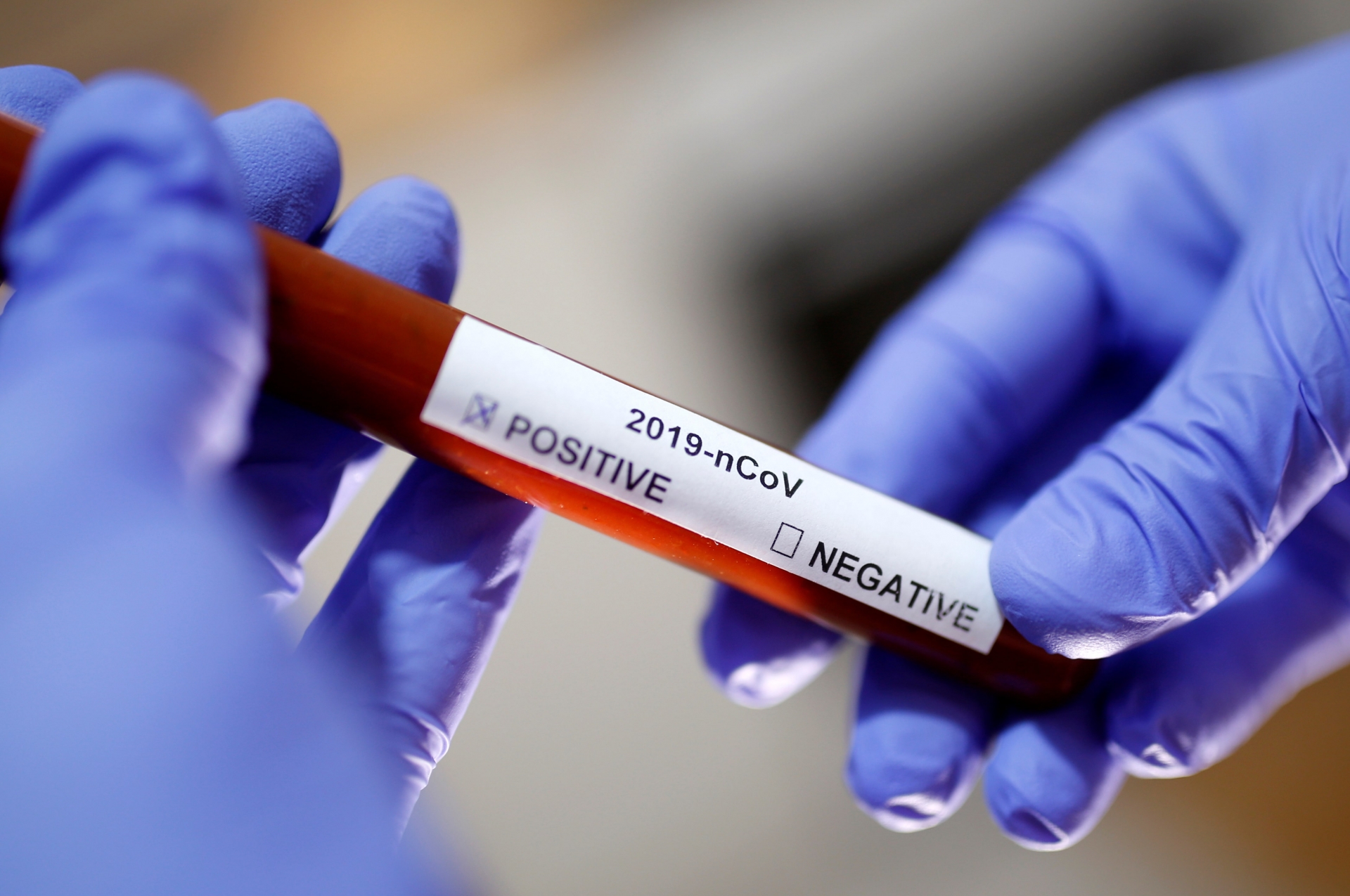 |
| People with Type O are better able to recognize certain proteins as foreign, and that may extend to proteins on virus surfaces. Photo: Reuters |
The study, involving scientists in Italy, Spain, Denmark, Germany and other countries, compared about 2,000 patients with severe COVID-19 to several thousand other people who were healthy or who had only mild or no symptoms. Researchers tied variations in six genes to the likelihood of severe disease, including some that could have a role in how vulnerable people are to the virus. They also tied blood groups to possible risk.
Most genetic studies like this are much larger, so it would be important to see if other scientists can look at other groups of patients to see if they find the same links, Topol said.
Many researchers have been hunting for clues as to why some people infected with the coronavirus get very ill and others less so. Being older or male seems to increase risk, and scientists have been looking at genes as another possible “host factor” that influences disease severity.
There are four main blood types — A, B, AB and O — and “it’s determined by proteins on the surface of your red blood cells,” said Dr. Mary Horowitz, scientific chief at the Center for International Blood and Marrow Transplant Research.
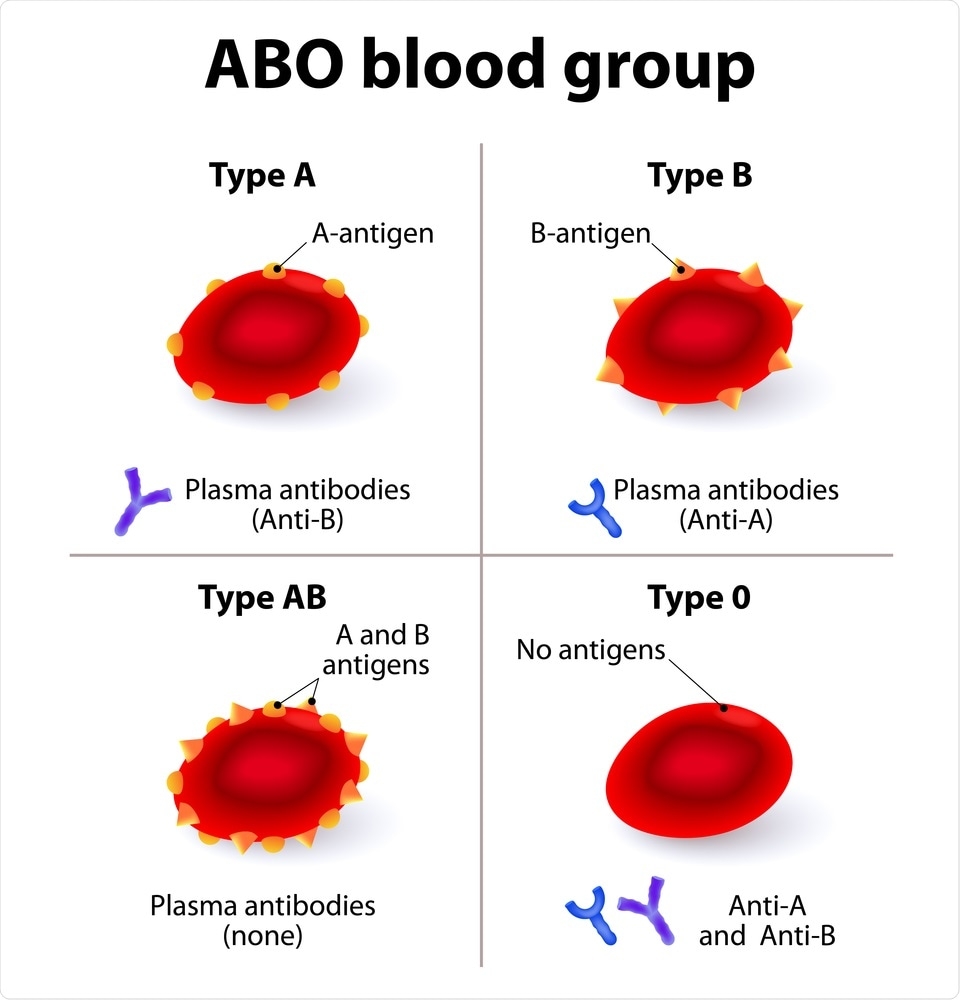 |
| Study: The ABO blood group locus and a chromosome 3 gene cluster associate with SARS-CoV-2 respiratory failure in an Italian-Spanish genome-wide association analysis. Photo: Designua / Shutterstock |
People with Type O are better able to recognize certain proteins as foreign, and that may extend to proteins on virus surfaces, Hari explained.
During the outbreak of severe acute respiratory syndrome, which was caused by a genetic cousin of the coronavirus causing the current pandemic, “it was noted that people with O blood type were less likely to get the severe disease,” he said.
Dr. Yong Poovorawan, a leading Thai virologist from Chulalongkorn Hospital said that group A individuals had shown higher rates of infection than people with B, O, or AB blood.
Blood type also has been tied to susceptibility to some other infectious diseases, including cholera, recurrent urinary tract infections from E. coli, and a bug called H. pylori that can cause ulcers and stomach cancer, said Dr. David Valle, director of the Institute of Genetic Medicine at Johns Hopkins University.
“It’s a provocative study. It’s in my view well worth publishing and getting out there”; however, it needs verification in more patients, Valle said.
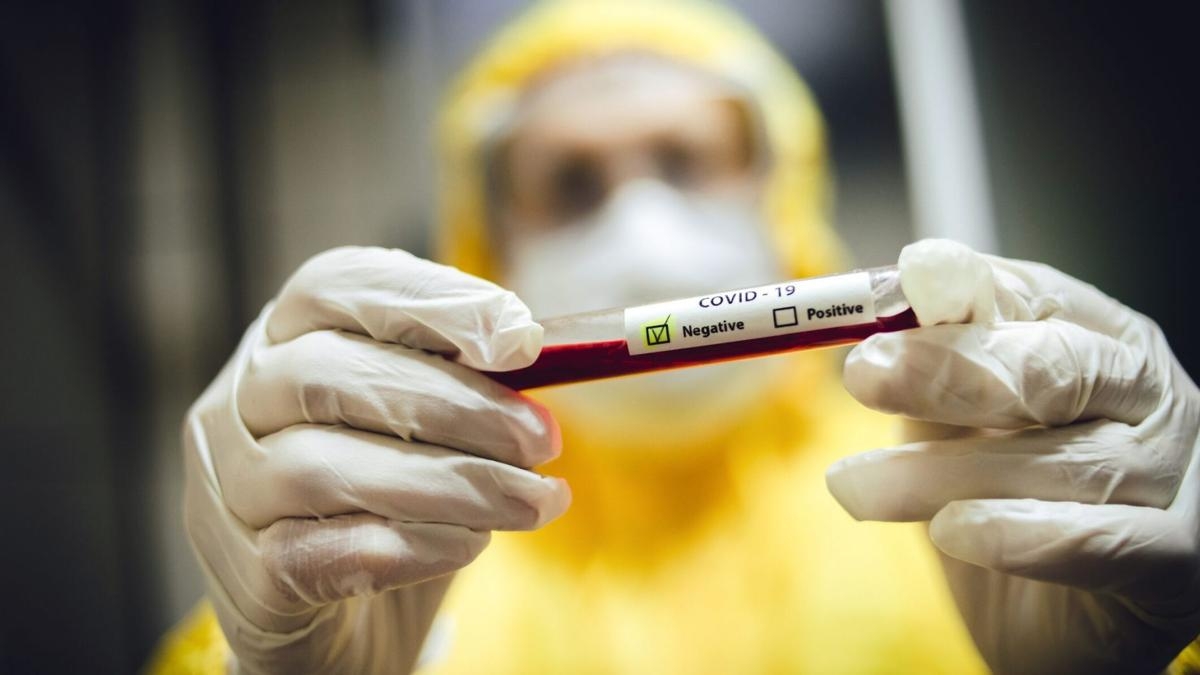 |
| The study’s early results are in line with other studies that have looked into how a person’s blood type may play a role in virus susceptibility. Photo: iStock |
 | Three Vietnamese scientists named among Asia’s top 100 researchers Three Vietnamese scientists, all female, have made it into the list of Asia’s most outstanding researchers in 2019 as compiled by the Singapore-based Asian Scientist ... |
 | Bing Liu Death: Zero evidence connected to his work on coronavirus Chinese researcher Bing Liu was shot to death in a murder-suicide in Pennsylvania connected to a love triangle, police said. |
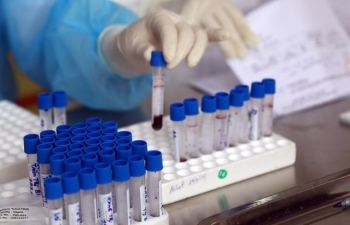 | Vietnam to produce COVID-19 vaccines Vietnamese medical and scientific experts assigned to research and produce vaccine against COVID-19 believe in positive directions. |
Recommended
 Handbook
Handbook
Vietnam Moves Up 8 Places In World Happiness Index
 Handbook
Handbook
Travelling Vietnam Through French Artist's Children Book
 Multimedia
Multimedia
Vietnamese Turmeric Fish among Best Asian Dishes: TasteAtlas
 Handbook
Handbook
From Lost to Found: German Tourist Thanks Vietnamese Police for Returning His Bag
 Handbook
Handbook
Prediction and Resolution for the Disasters of Humanity
 Handbook
Handbook
16 French Films To Be Shown For Free During Tet Holiday In Vietnam
 Handbook
Handbook
Unique Cultural and Religious Activities to Welcome Year of the Snake
 Handbook
Handbook

